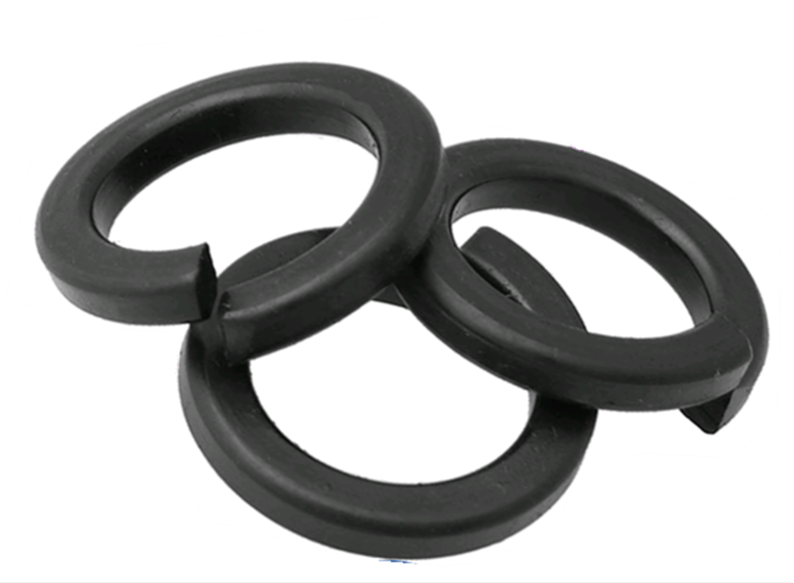Top M20 Stud Bolt Manufacturers for High-Quality Fasteners and Reliability
ធ្នូ . 05, 2024 19:34 Back to list
Top M20 Stud Bolt Manufacturers for High-Quality Fasteners and Reliability
Understanding M20 Stud Bolt Manufacturers Quality and Importance in Industries
In various engineering applications, the importance of fasteners cannot be understated. Among them, stud bolts play a crucial role in joining components together securely, whether in construction, automotive, aerospace, or heavy machinery. The term M20 stud bolt refers to a specific type of stud bolt characterized by a nominal diameter of 20 millimeters. In this article, we will explore what M20 stud bolts are, their applications, and the significance of selecting a reputable manufacturer.
What are M20 Stud Bolts?
M20 stud bolts are threaded rods made from various materials, typically steel, that are used to connect two or more components. The M denotes the metric system, and 20 refers to the diameter of the bolt in millimeters. These fasteners are designed to be durable and hold up under significant tension and shear forces. The design of stud bolts typically features threads along a portion of the shaft, while the ends may be either fully threaded or have a specific length of unthreaded area.
Stud bolts come in varying lengths, grades, and coatings - all of which can significantly impact their performance. Common materials used in manufacturing these bolts include carbon steel, stainless steel, and alloy steel, each chosen based on the intended application and environmental conditions.
Importance of High-Quality Manufacturing
When it comes to stud bolts, the quality of manufacturing is paramount. Poorly made fasteners can lead to failures in assemblies, resulting in catastrophic failures in machinery or structures. M20 stud bolt manufacturers must adhere to high standards of quality control, utilizing advanced manufacturing techniques and rigorous testing processes.
For instance, many manufacturers comply with international standards such as ASTM (American Society for Testing and Materials) or ISO (International Organization for Standardization) to ensure that their products meet global safety and performance criteria. This includes tensile strength tests, hardness tests, and corrosion resistance evaluations to deliver reliable products to their customers.
Applications of M20 Stud Bolts
M20 stud bolts are commonly used in various applications across multiple industries. In construction, they are essential for assembling structural frameworks, securing beams, and hosting heavy equipment. In the automotive sector, these fasteners are found in engine assemblies, suspensions, and chassis to ensure that critical components stay securely fastened even under high stress and vibrations.
m20 stud bolt manufacturer

Similarly, in the oil and gas industry, M20 stud bolts are used in flanged connections, pipelines, and machinery to handle the demands of high-pressure and corrosive environments. Their versatility and strength make them a preferred choice for applications where failure is not an option.
Choosing the Right Manufacturer
When selecting an M20 stud bolt manufacturer, various factors should be considered
1. Reputation and Experience Established manufacturers with a proven track record are more likely to deliver high-quality products. Look for companies with years of experience in the industry.
2. Quality Certifications Ensure that the manufacturer possesses relevant quality certifications. ISO certification is a strong indication of a company's commitment to quality and consistency.
3. Material Options A good manufacturer should offer various material options suitable for different applications. They should also provide guidance on the best material choice considering environmental and operational conditions.
4. Testing and Quality Assurance Investigate the manufacturer’s testing and quality assurance processes. Companies that conduct regular and comprehensive tests can be more trusted to provide durable products.
5. Customer Support Reliable customer service before and after purchase indicates that a manufacturer values their customers and is prepared to assist with any inquiries or issues.
Conclusion
Selecting the right M20 stud bolt manufacturer is crucial for ensuring the safety and longevity of structural and mechanical assemblies. By prioritizing quality, understanding the application needs, and choosing a reputable manufacturer, engineers and contractors can promote operational efficiency and reduce the risk of failures in crucial systems. In a world where reliability is paramount, investing in high-quality stud bolts is certainly a wise decision.
Latest news
-
Premium Cabinet Bolts Supplier | Wholesale & Custom Solutions
NewsAug.24,2025
-
Reliable Axle Nuts Supplier | Quality & Precision Fasteners
NewsAug.23,2025
-
Durable Bolts for Lawn Mower Handle - Top Supplier & Manufacturer
NewsAug.22,2025
-
High-Quality Bolts for Lawn Mower Handle Supplier & Manufacturer
NewsAug.21,2025
-
Reliable Axle Nuts Supplier | High-Quality Automotive Parts
NewsAug.19,2025
-
Premium Wire Bolts Suppliers | Durable & Reliable Fasteners
NewsAug.18,2025
